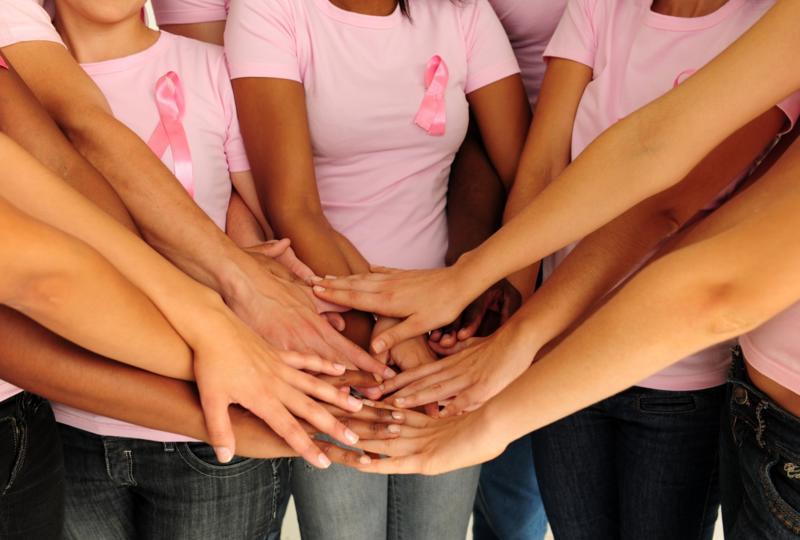10 Things to Understand When Diagnosed with Breast Cancer
10 Things to Understand When Diagnosed with Breast Cancer
Joan Lunden, an author, journalist, and television host opened up about her experience with breast cancer, and some things she wishes she had known beforehand.
While most people know someone who has been affected by breast cancer, and even though people hear about it all the time in the media, when someone is diagnosed, it usually comes as a shock.
For people who stay on top of their health, have no history of breast cancer in their family, and who are diligent about getting their yearly mammograms, this shock can be two-fold. This was the case with Joan Lunden.
Having dense fibrous breast tissue meant that her mammogram images were a bit more difficult for her healthcare providers to read. Luckily for her, she had a breast ultrasound done just to be safe. This was when she was informed that she had an aggressive form of breast cancer. Now, as a breast cancer survivor, Lunden feels passionate about supporting other women going through the same fight. Her 10 things that she wishes she knew before her diagnosis can help empower women to fight their way through breast cancer.
1. Advocate for yourself
This is something that many people struggle to do when it comes to their healthcare. Medical professionals are often revered, trusted, and expected to know everything about a patient’s health. The truth is that while they may be experts in their field, medicine and health are not the same for everyone. Each person is an individual. Thus, they are affected by diseases such as breast cancer differently. As Lunden says, don’t be afraid to get second or third opinions, and ultimately know that you know yourself best. You are an expert in your own health, so make your decisions for yourself while leveraging the knowledge of the experts, and ask questions. Just because something works for one person, does not mean it will work for another.
2. Hair loss isn’t fun, but it shouldn’t be your priority
Naturally, losing your hair will affect your self-image and be an uncomfortable process. Ultimately, you must remember what is at stake. Hair loss sucks, but you’re fighting cancer. Lunden explains that this is a minor price to pay when going through chemo in an effort to survive. Remember that your life is at stake, and that hair grows back. Empower yourself by embracing the hair loss early and shaving your head, this way it can be your choice. Or, look into different types of wigs, it’s possible that changing your hairstyle or type could even be a fun experiment!
3. Become a warrior in every aspect of your life
Sure, treatment and medicine are important, but Lunden truly believes that you should focus on making your life healthier in every aspect when you are fighting cancer. This means getting yourself into a healthy mindset and consciously deciding that you are going to do everything in your power to fight cancer. This also includes positivity and the belief that you can get through it. Lunden believes that this faith in her ability to heal was essential in her ability to continue fighting. Leave nothing behind and leverage everything you have to fight the fight. Be a warrior.
4. What you eat matters
There is still a lot of research that needs to be done when it comes to what foods should could negatively or positively affect your cancer healing process. If there is one thing that all health professionals will agree on though, it is that eating a healthy diet can only be beneficial. This means focusing on nutrient rich foods and limiting sugar intake. For Lunden, she found that working with a nutritionist was helpful. Make sure that if you choose to work with a nutritionist, that you are working with someone who is registered and has completed a bachelors or masters degree in nutrition and/or dietetics. Unfortunately, there are a lot of phonies out there. Lunden’s nutritionist put her on a no-wheat, no-sugar, no-dairy diet. The goal here was to reduce her intake of inflammation producing foods. If you are going to cut many food groups out of your diet, it is wise to do so with the guidance of a trained professional. You want to make sure you are still getting the nutrients you need to heal.
Lunden felt empowered by her diet. Knowing more about the foods you put into your body can help you feel confident that you really are doing everything in your power to fight the cancer.
Read on for 6 more things every woman should know while going through breast cancer.



